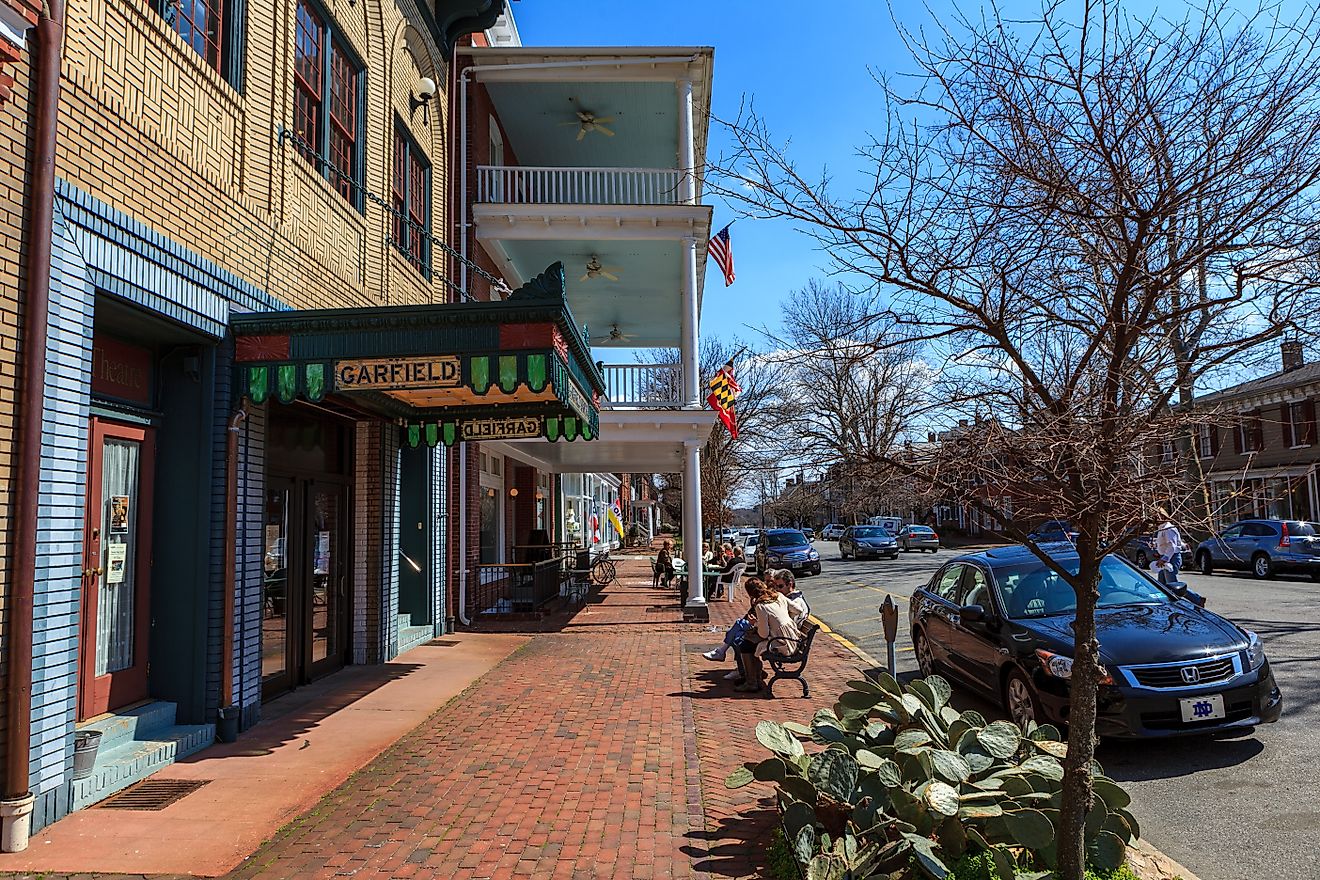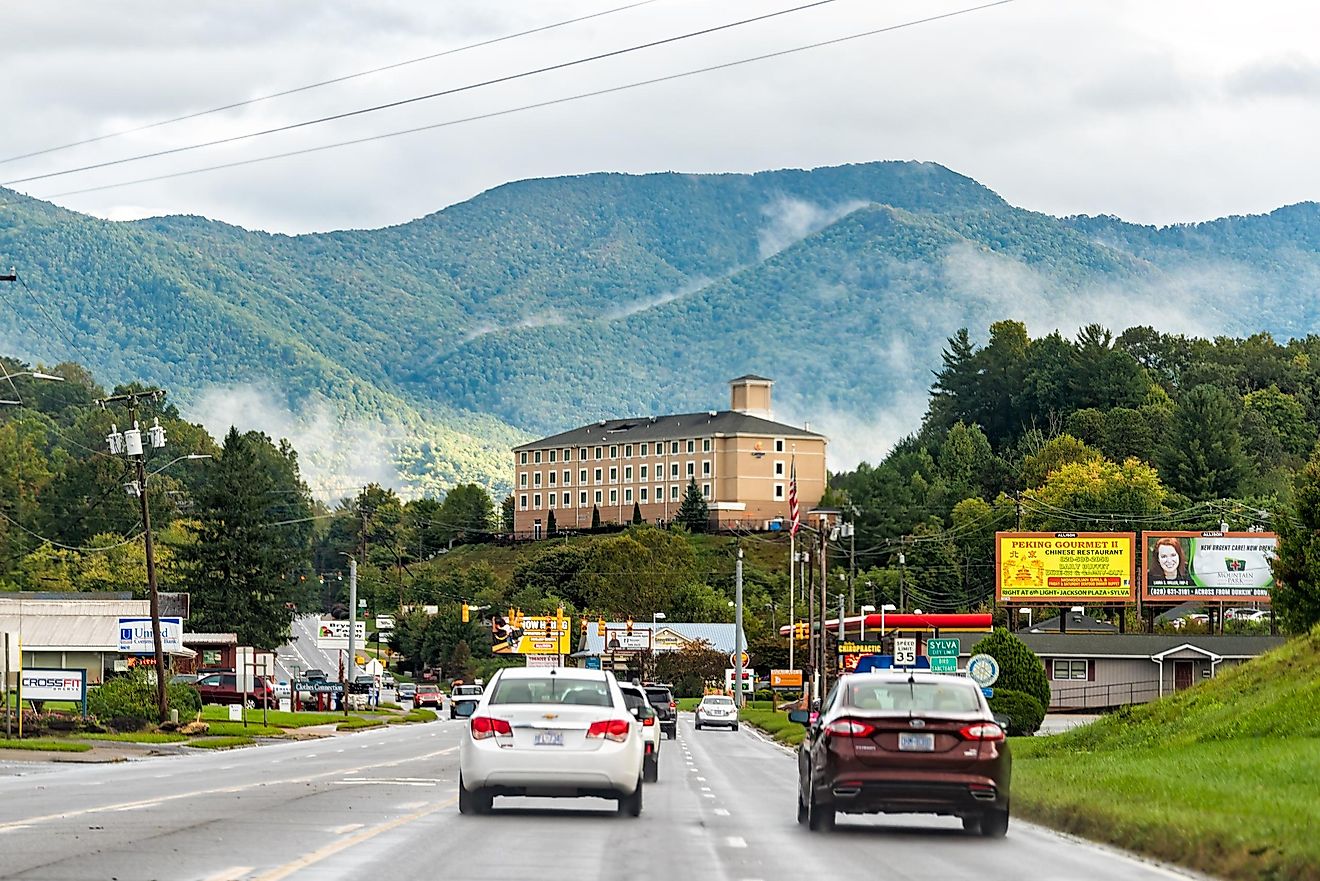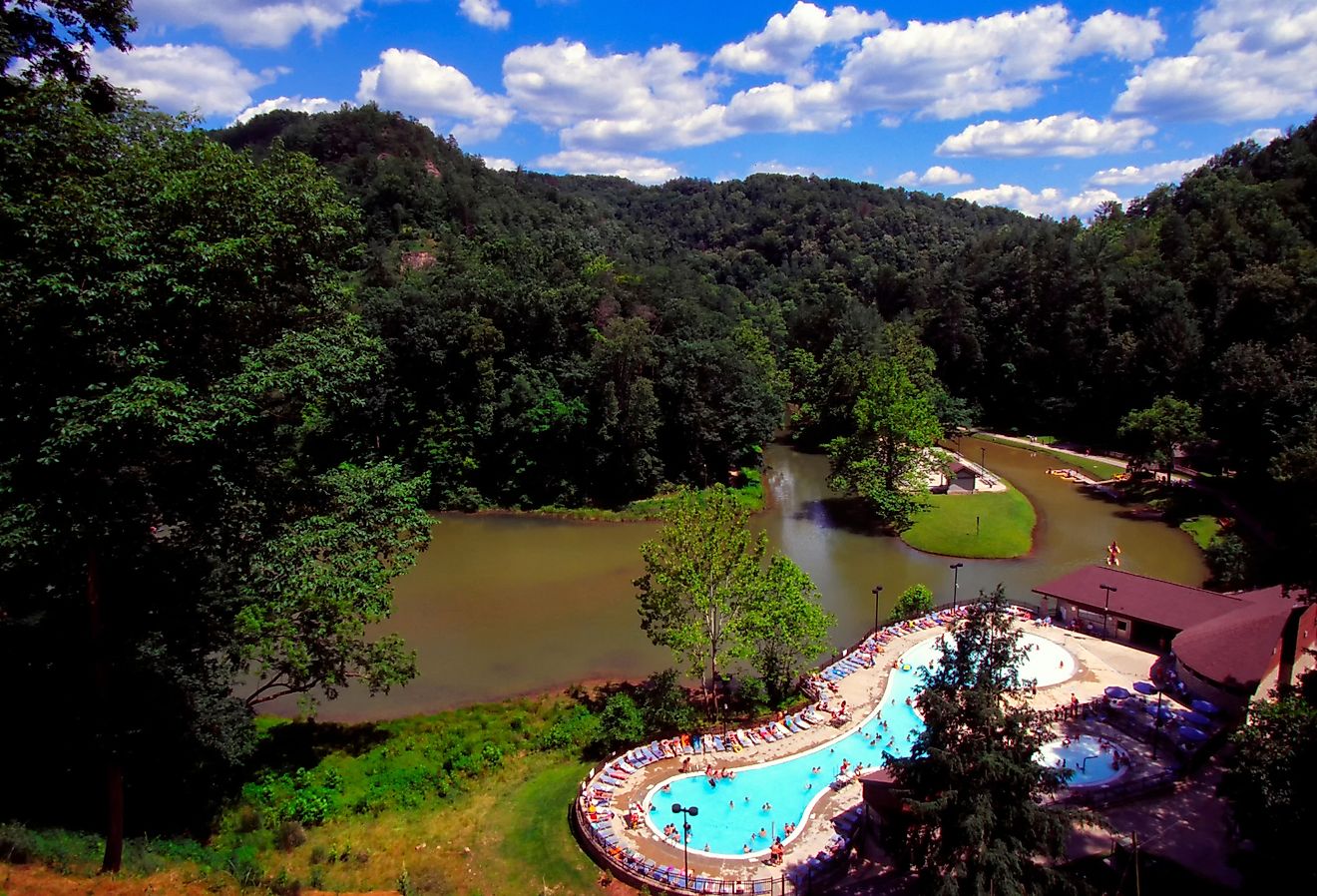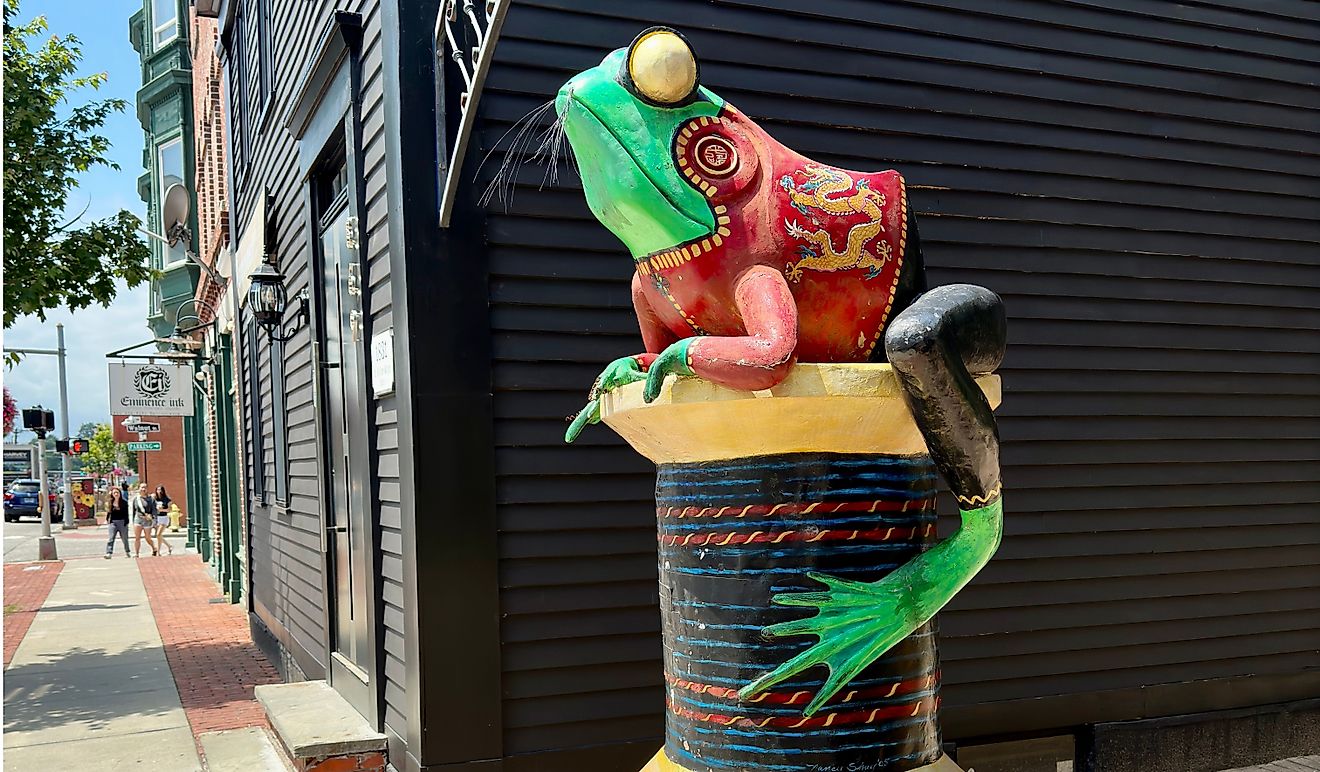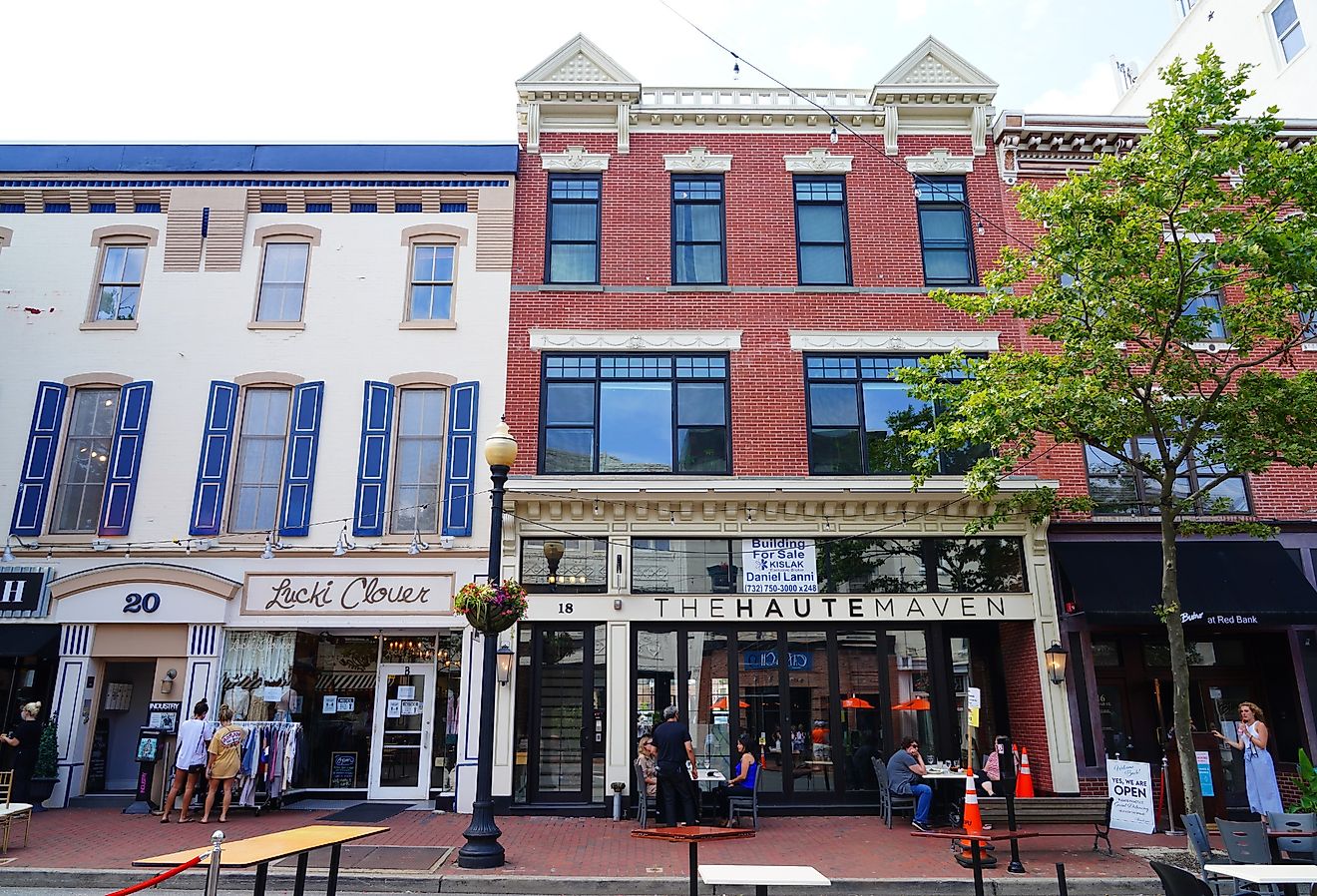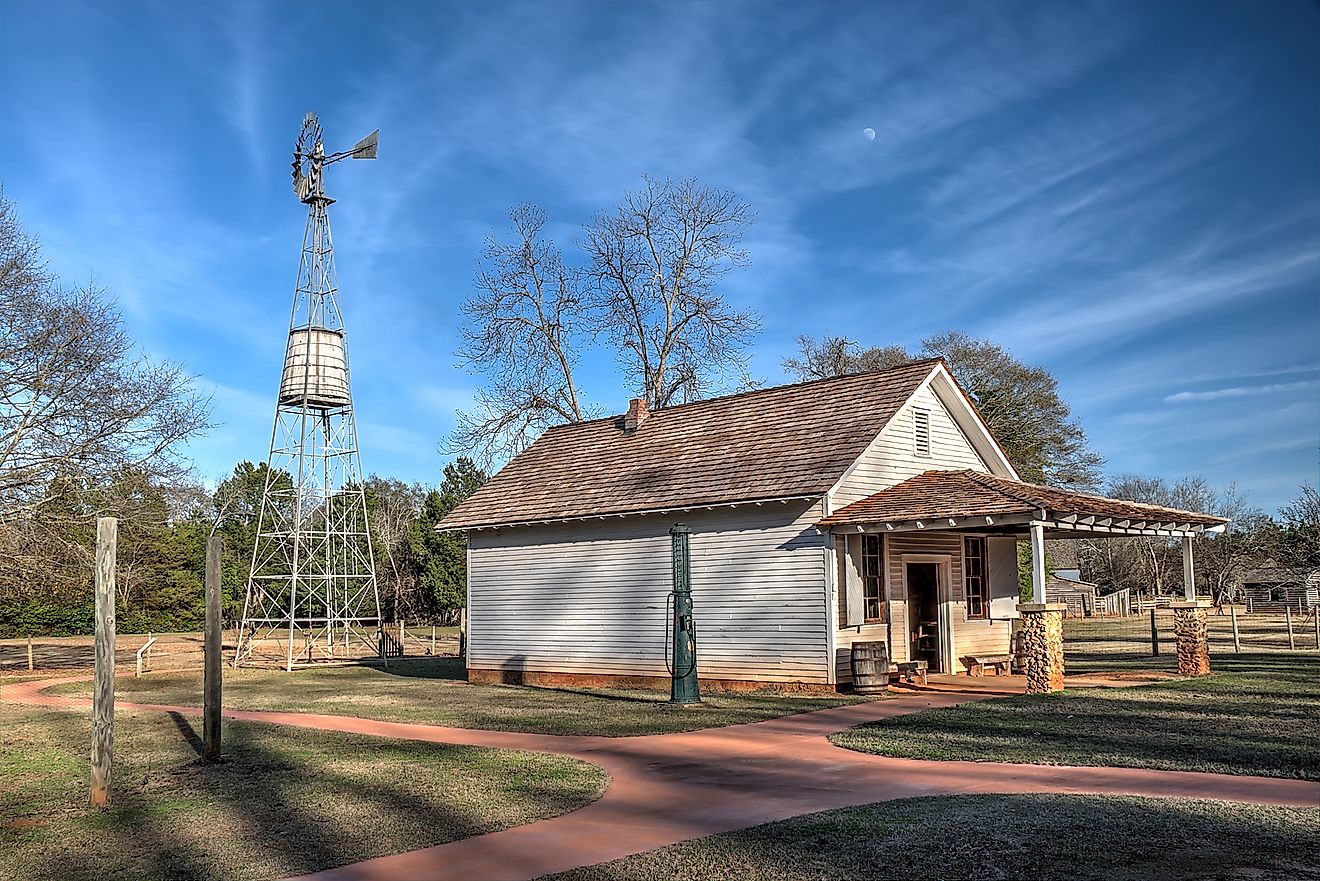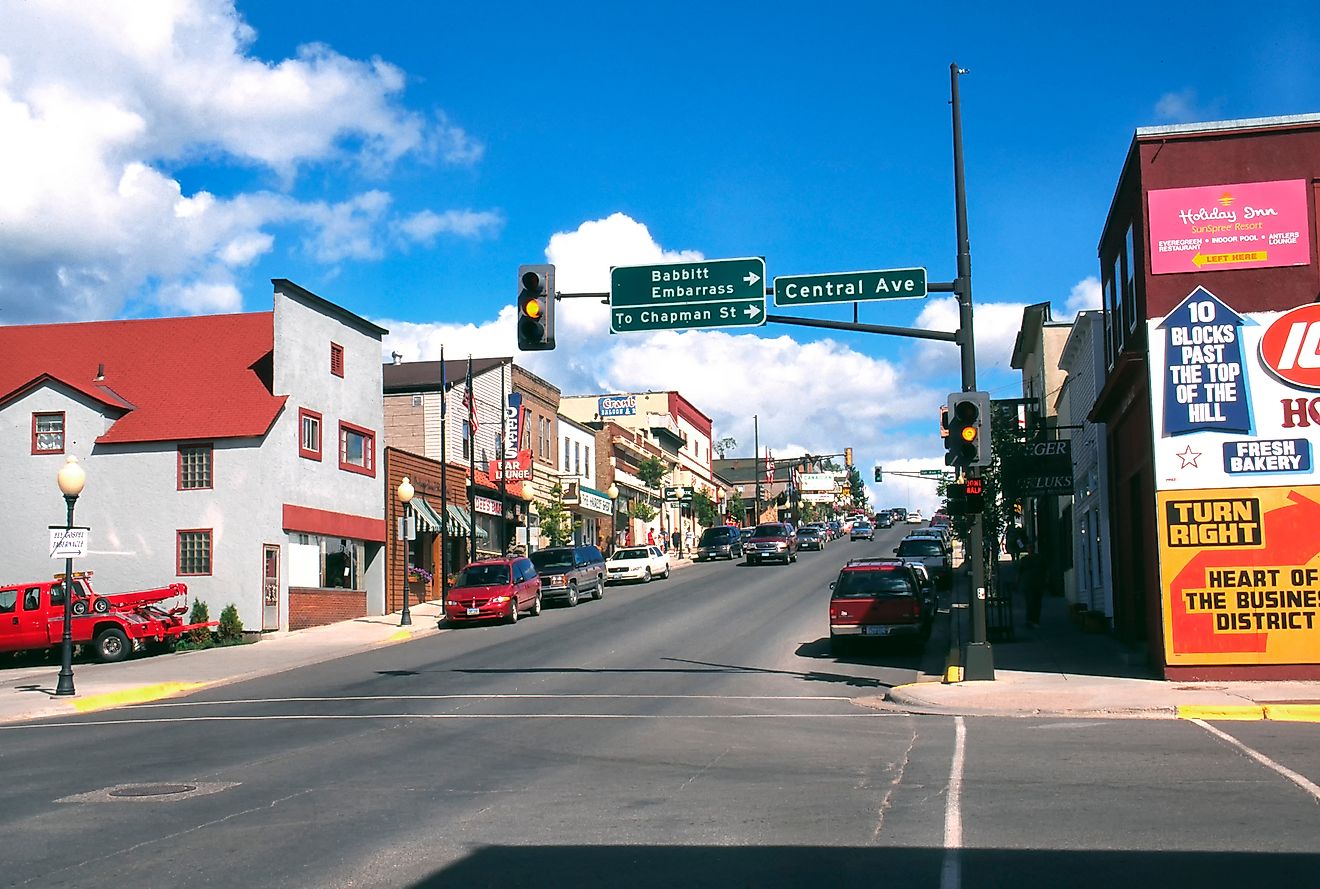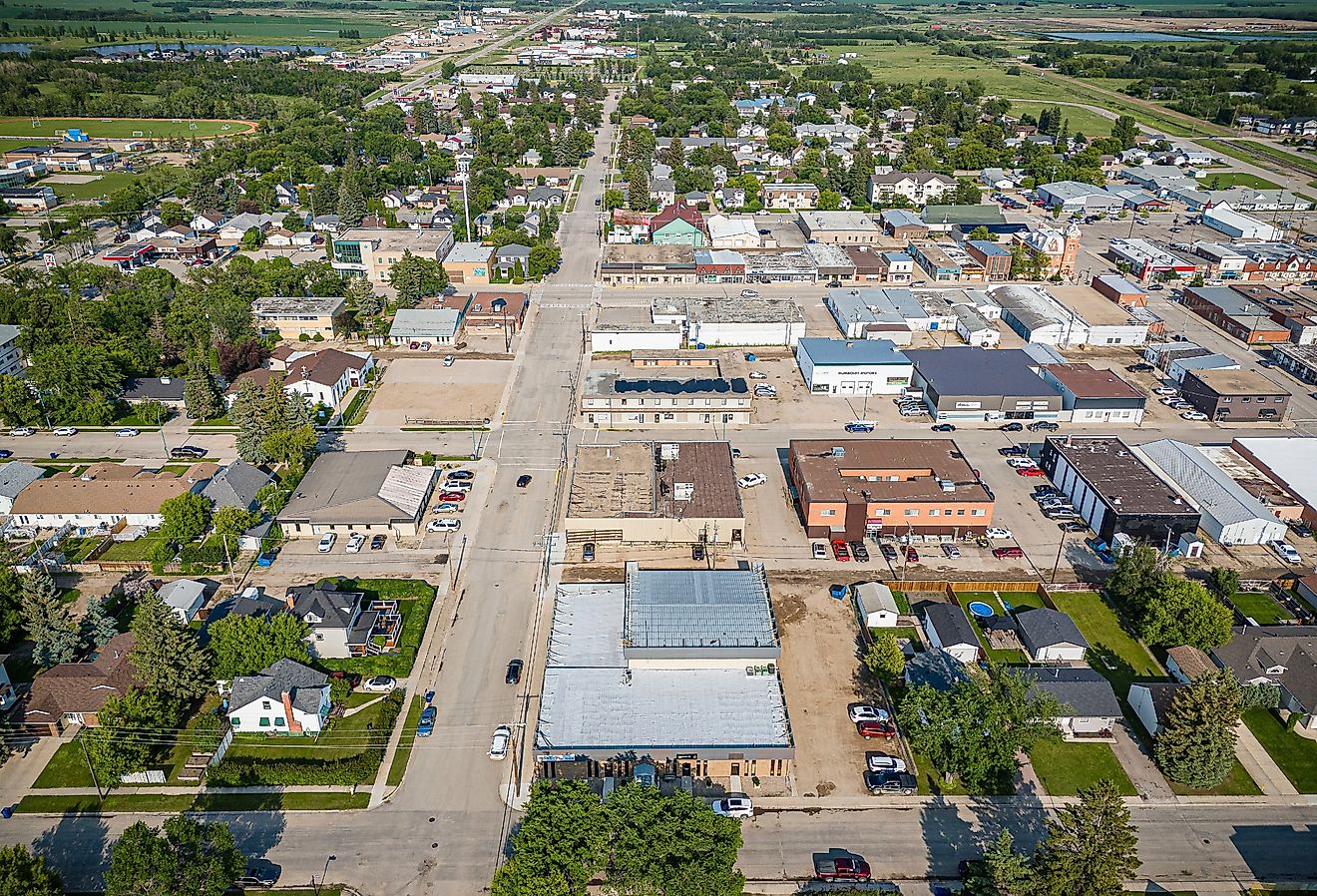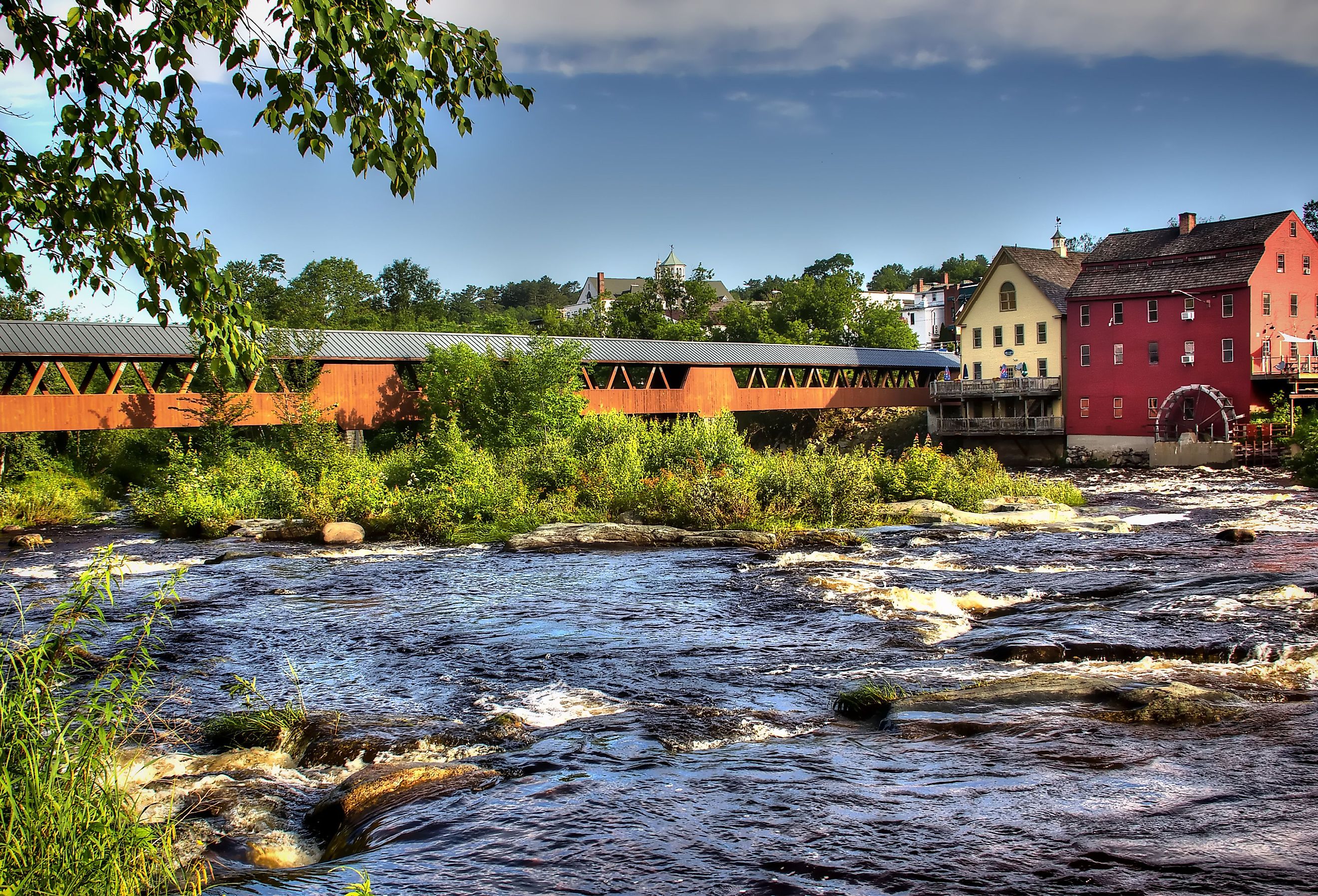
These Small Towns in New Hampshire Have the Best Historic Districts
Given its importance as one of the USA’s oldest states, there is no wonder how New Hampshire is teeming with history. One of the original 13 colonies to declare independence from the British in 1788, it was first settled in 1623 and has played a pivotal role in the country’s development ever since.
For those wanting to delve into the state’s storied history, look no further. Despite being the fifth smallest state, New Hampshire is home to numerous attractive small towns that are fun to explore and which have preserved the past in their charming historic districts. Lined with cobblestone streets and colonial-era architecture, these towns provide a glimpse of what the country resembled during its formative years.
From Exeter's role in the Revolutionary War to architecture in Littleton, New Hampshire's early roots gave rise to the state’s prominence as an educational and cultural hub. Continue reading to learn more about these small towns that each shaped one of the world’s most influential nations.
Exeter
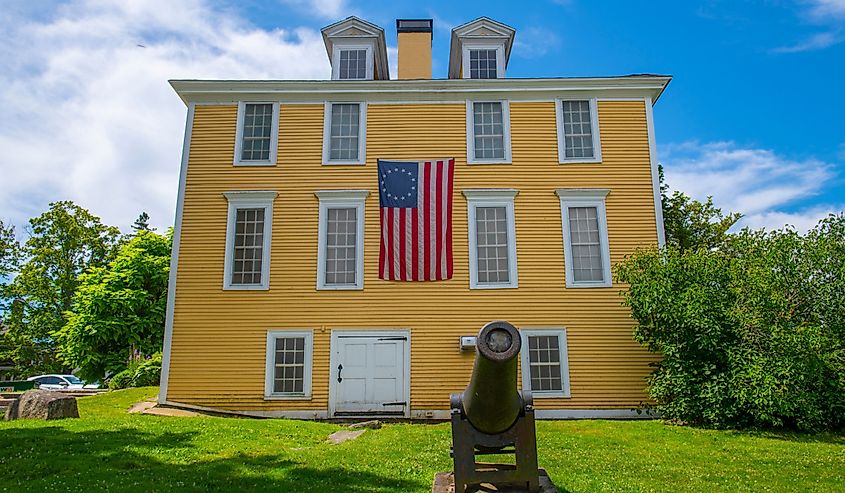
Exeter is considered the quintessential New England town, named after its counterpart in Devonshire, England, and was established in 1638 by religious exiles from the neighboring Massachusetts Bay colony. As the Revolutionary War capital of New Hampshire, Exeter played a pivotal role in the early formation of the United States, with many signs of this rich history still evident in the town's well-preserved historic district.
Topping the list is the American Independence Museum. Housed in Ladd-Gilman House, a National Landmark property built in the early 1700s, the museum features many exhibits and artifacts from the Revolutionary era, including an original printed version of the Declaration of Independence. Adjacent to the museum is the Folsom Tavern, built in 1775 and once having hosted notable figures such as George Washington.
Henniker

Located 80 miles northwest of Boston, Henniker is undoubtedly unique. Not only does it lay claim to being the "Only Henniker on Earth," but this charming town lies on the beautiful Contoocook River in the Merrimack Valley. Evidence of its classic New England architecture includes the famous Henniker Covered Bridge, also known as the New England College Covered Bridge, due to its proximity to the college campus; this photo-worthy landmark spans the Contoocook River and is still used today. Another significant site is the Henniker Historical Society, located in Academy Hall. Built in 1836, it houses a substantial collection of artifacts, photographs, and documents detailing Henniker's past.
Meredith

Situated on the shores of Lake Winnipesaukee in New Hampshire's scenic Lakes Region, Meredith is one of New England's most popular places to visit for those who enjoy a healthy dose of history. Historic highlights include the Meredith Village Savings Bank, an attractive building dating back to the 19th century. The Farm Museum is also worthy of a visit for its artifacts and exhibits outlining the town’s past, from its early agricultural days to its growth as one of the state’s top tourist destinations.
Be sure to allocate a little time to explore Meredith’s Main Street and waterfront areas. Fondly referred to as “Meredith Village,” visitors will find many historic buildings worth exploring and the Winnipesaukee Scenic Railroad, which offers lovely train rides along the lakeshore.
New London
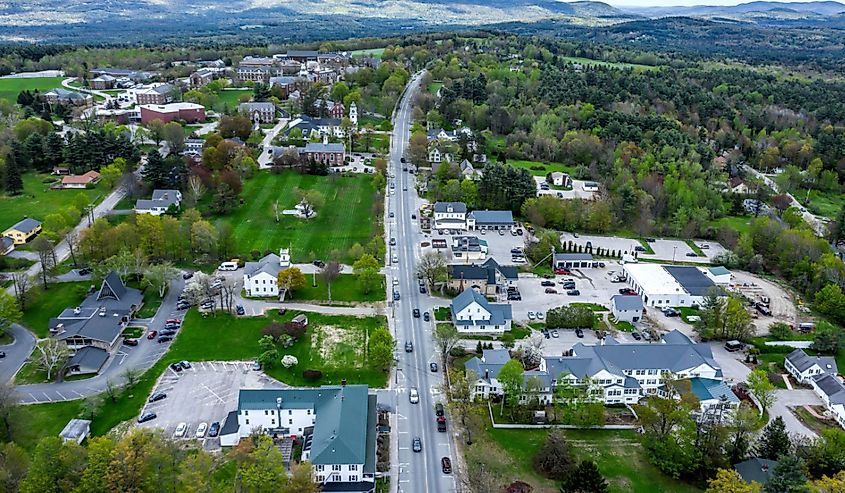
Located in New Hampshire’s picturesque Lake Sunapee region, New London was named after the British capital city when founded in 1779 and has been a draw for history buffs and lovers of small-town lifestyles lovers ever since. Historic highlights include the New London Barn Playhouse's attractive clapboard exterior and classic red barn appearance. It was founded in the early 1930s and is one of the country's oldest continuously operating summer stock theaters.
Adjacent to the town's historic center is Colby-Sawyer College. Established in the 1830s, visitors can walk the grounds to glimpse picturesque campus buildings such as Colgate Hall. The New London Historical Society is also worth a visit and features an exciting collection of artifacts that chronicles New London’s evolution.
Peterborough

Peterborough has long been a retreat for writers, artists, and thinkers, drawn here for the most part by its scenic setting in New Hampshire’s pretty Monadnock region. First settled in 1739 and rapidly growing in prominence as a mill town, the town center contains numerous finely preserved examples of the architectural styles that followed. Typical of the town’s New England influences, the Peterborough Historical Society serves as a repository of artifacts and documents relating to its rich past and is a must-visit.
Peterborough Town Library is another fine example of New England architecture. Founded in 1833, it is the first tax-supported public library in the United States. Equally significant is the MacDowell Colony, home to the nation's first artist residency program. Established in 1907, it has attracted countless distinguished artists, writers, and composers in its over 100-year history and has cemented Peterborough's reputation as an arts hub.
Keene
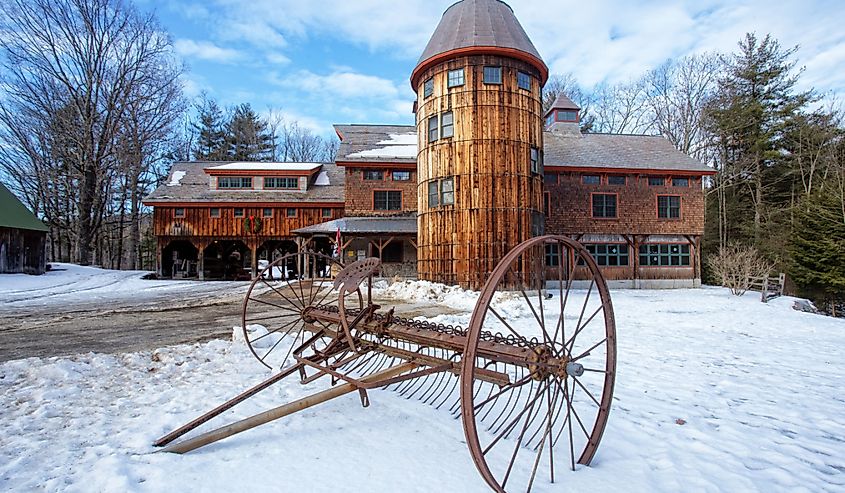
Keene is another Monadnock region small town you should include on your New Hampshire travel itinerary. Incorporated in 1753, this vibrant college town boasts a picture-perfect historic district just waiting to be explored. Start a journey back in time on Keene’s broad Main Street. Lined with a diverse array of historic buildings, the focal point is picturesque Keene Central Square, with excellent views over the downtown core. Overlooking the oval-shaped “square” is the United Church of Christ, a beautiful white-steepled structure built in 1786.
Another iconic structure is the Colonial Theatre, a historic performing arts venue built in 1924 that features a grand façade and ornate interior and has hosted countless performances in its 100-year history.
Littleton

Set alongside the Ammonoosuc River across from Vermont, Littleton’s Historic Main Street is where all visitors should begin their exploration of this charming New Hampshire community. Prominent fixtures of this revitalized downtown area include the Thayers Inn, a famous Greek Revival watering hole that has served weary travelers since 1843. Head to the riverfront area to see the red-painted Littleton Grist Mill, a historic structure that has been in use since 1797.
Complete your exploration of this picturesque spot with a visit to the Littleton Historical Museum. Set in a stately brick building, it contains fascinating displays that chronicle the history of the people and events that helped shape New Hampshire.
The Final Word
Thanks to its rich history dating back to America’s first colonial settlers, New Hampshire can lay claim to having numerous small towns with well-preserved historic districts. These living, breathing communities offer visitors a chance to see firsthand some of the many well-preserved buildings that served as a backdrop to the events and the people who shaped the destiny of New Hampshire and the United States.
